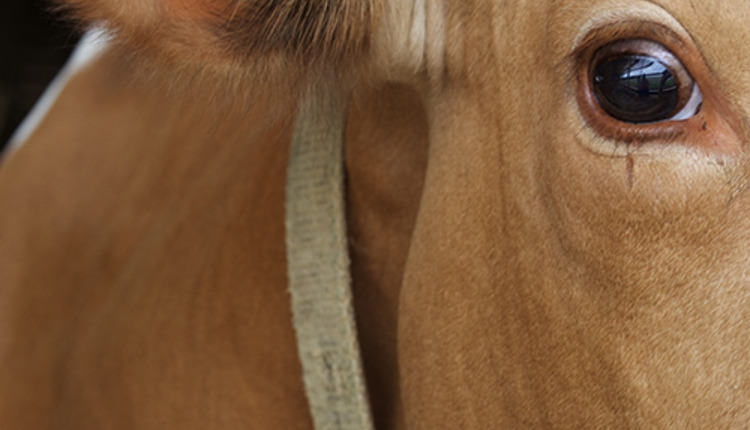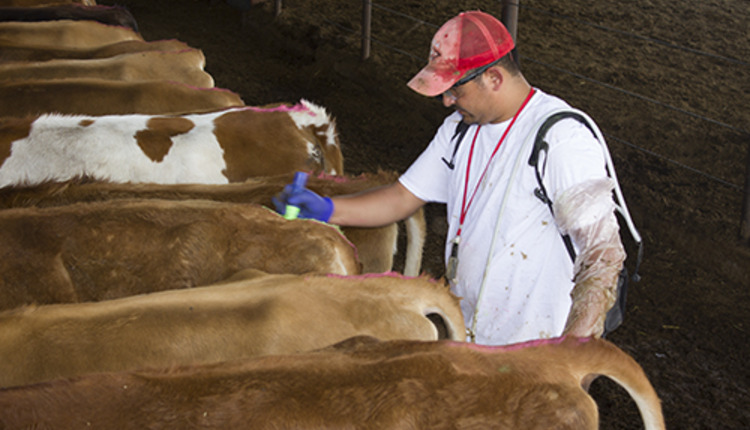
Processed and red meats have joined the ranks of tobacco, alcohol, coffee and shift work in the IARC's (International Agency for Research on Cancer) encyclopedia of carcinogens. And, when the report was released last Monday, meat lovers were in a furor.
Processed meats, defined as any meat that has been transformed through salting, curing, fermentation, smoking or other processes to enhance flavor or improve preservation, were declared a carcinogen. This includes sausages, corned beef, bacon and cold cuts, to name a few.
For processed meat, the carcinogen label was given based on studies related to colorectal cancer, noted the IARC's report that was published in Lancet Oncology.
Red meat, referring to all types of mammalian muscle meat, fell into category 2A, and are a probable cause of cancer. For red meat, the data pointed to associations with colorectal, pancreatic and prostate cancers. Yet, the overall evidence is weak.
IARC director Chris Wild noted that, while the group's findings support recommendations to limit meat intake, it still has nutritional value.
Now, for the caveats:
- Cancer-causing agents are placed into the five classifications according to the strength of the evidence. Agents given the top ranking aren't necessarily the most dangerous. They're the ones with the clearest evidence of hazard - but that doesn't make them equally dangerous.
- The classifications show how confident IARC is that red and processed meats cause cancer, not how much cancer they may cause.
- The report notes that, if you eat 50 grams of processed meat every day, your risk of colon cancer goes up by 18 percent - less than double that of nonmeat eaters. But this is a relative increase in risk. To put this into context, smoking cigarettes multiplies a person's risk for cancer by as much as 20 times.
- Most of the studies that link meat and cancer involve individuals who eat meats multiple times a week. These people may have other unhealthy habits that elevate their risk.
- IARC looks for a unanimous consensus in its carcinogen verdicts. Of the 22 members who voted on its conclusions, seven either disagreed or abstained.
(c) Hoard's Dairyman Intel 2015
November 2, 2015








